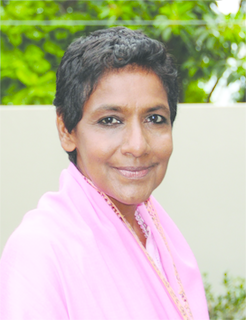A Quote by Blaise Pascal
Related Quotes
The Universe is vast. Nothing is more curious than the self-satisfied dogmatism with which mankind at each period of its history cherishes the delusion of the finality of existing modes of knowledge. Skeptics and believers are alike. At this moment scientists and skeptics are the leading dogmatists. Advance in detail is admitted; fundamental novelty is barred. This dogmatic common sense is the death of philosophic adventure.
The opposition of instinct and reason is mainly illusory. Instinct, intuition, or insight is what first leads to the beliefs which subsequent reason confirms or confutes; but the confirmation, where it is possible, consists, in the last analysis, of agreement with other beliefs no less instinctive. Reason is a harmonizing, controlling force rather than a creative one. Even in the most purely logical realms, it is insight that first arrives at what is new.
Cops never took anything on faith, and disbelieved every story that was told them on principle until and unless they could confirm that the story was fact in all its essentials, and even then remained wary and unconvinced. Cop shops bred skeptics. Skeptics cherished few illusions about human nature, and therefore were seldom disappointed.
So let's set the record straight. Faith is not the opposite of reason. The opposite of faith is unbelief. And reason is not the opposite of faith. The opposite of reason is irrationality. Do some Christians have irrational faith? Sure. Do some skeptics have unreasonable unbelief? You bet. It works both ways.
If you are committed to the change, you're going to have to sideline the skeptics, or at least keep them under control. There may be a temptation to move them out but skeptics have a value - flagging weaknesses in the plan. Ideally, you will enlist their critical stance by challenging them to find ways to improve the plan as you go forward.
The commercialism of yoga, the commercialism of Ayurveda, the commercialism of guru-ism, is difficult. It's difficult because it confuses, it confuses the general populations as to what this is all about, but yet those of us who are trained within a certain tradition, who trained from the ancestral gene bank, so to speak, it is fine, it's not bothersome at all because we must live.
I am a Christian resident of New York City. I simply read things the other Manhattanites read (NY Times, New Yorker magazine, Wall Street Journal, and many of the books they read) plus all my Christian reading. I don't do anything special to understand skeptics. I also talk to a lot of skeptics and read things they point to.










































